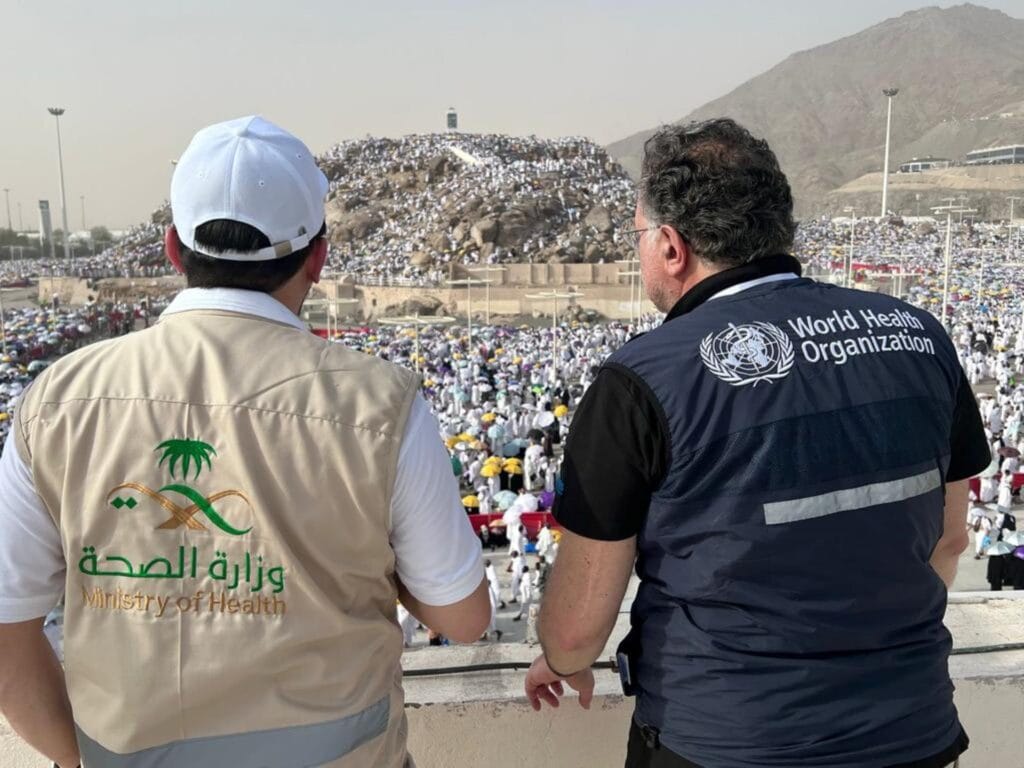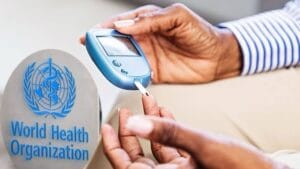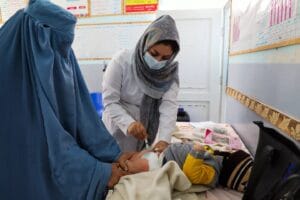WHO expands digital health certification for Hajj pilgrims, enhancing safety, care
The World Health Organization (WHO) and the Kingdom of Saudi Arabia have announced an expansion of their digital health collaboration aimed at the approximately 3 million pilgrims who undertake the journey each year

The World Health Organization (WHO) and the Kingdom of Saudi Arabia have announced an expansion of their digital health collaboration aimed at the approximately 3 million pilgrims who undertake the journey each year. This initiative builds on the WHO Global Digital Health Certification Network and enhances the existing Hajj health card, providing essential health information for pilgrims.
WHO, in their official Press Statement, the newly enhanced Hajj health card will include vital health data, such as medication needs, allergies, immunization status, and pre-existing conditions. This empowers individuals to control their health information while traveling, enabling authorized health providers to access accurate, up-to-date patient summaries for tailored care.
“Today marks notable progress in WHO’s support to Member States to expand access to safer and person-centered digital health tools for people to improve their access to quality health care when and where they need it,” stated Dr. Jeremy Farrar, WHO Chief Scientist. He expressed gratitude for the collaboration with Saudi Arabia, participating countries, and the WHO Regional Office for the Eastern Mediterranean, highlighting the commitment to advancing digital health systems.
The Hajj is the largest pilgrimage globally, attracting nearly 3 million participants from over 180 nations each year. In 2024, more than 250,000 pilgrims from Indonesia, Malaysia, and Oman received Hajj health cards as part of a pilot collaboration. This test phase demonstrated the ability of these countries to issue their own versions of the health card, enhancing safety and care quality for pilgrims.
As part of the ongoing partnership, WHO and Saudi Arabia plan to expand this successful pilot program, with support from the Saudi government and their digital partner, LEAN. This collaboration will bolster data security and provide essential technical assistance to more countries adopting the Hajj health card initiative.
“This exciting partnership between the Kingdom of Saudi Arabia and the World Health Organization to expand the Hajj health card initiative enhances the safety and well-being of millions of pilgrims,” remarked Dr. Hanan Balkhy, WHO Regional Director for the Eastern Mediterranean (EMRO). “By leveraging digital health solutions, we strengthen quality of care and help build robust health systems in the Eastern Mediterranean Region and worldwide.”
Since its launch in 2023, the Global Digital Health Certification Network (GDHCN) has evolved from its initial focus on COVID-19 vaccination certificates, now encompassing over 80 WHO Member States. The GDHCN employs a robust public key infrastructure (PKI) encryption system to ensure the authenticity and security of health credentials, allowing for trusted verification of health documents across borders while safeguarding individual privacy.
This initiative heralds a future where individuals can carry internationally recognized health credentials, improving both travel and healthcare access. By joining WHO’s certification network, countries can streamline administrative processes, enhance border control efficiency, and better inform healthcare visits. The global network sets the stage for long-term advancements in international health collaboration, paving the way for future initiatives like cross-border e-prescriptions, insurance, and telemedicine.













